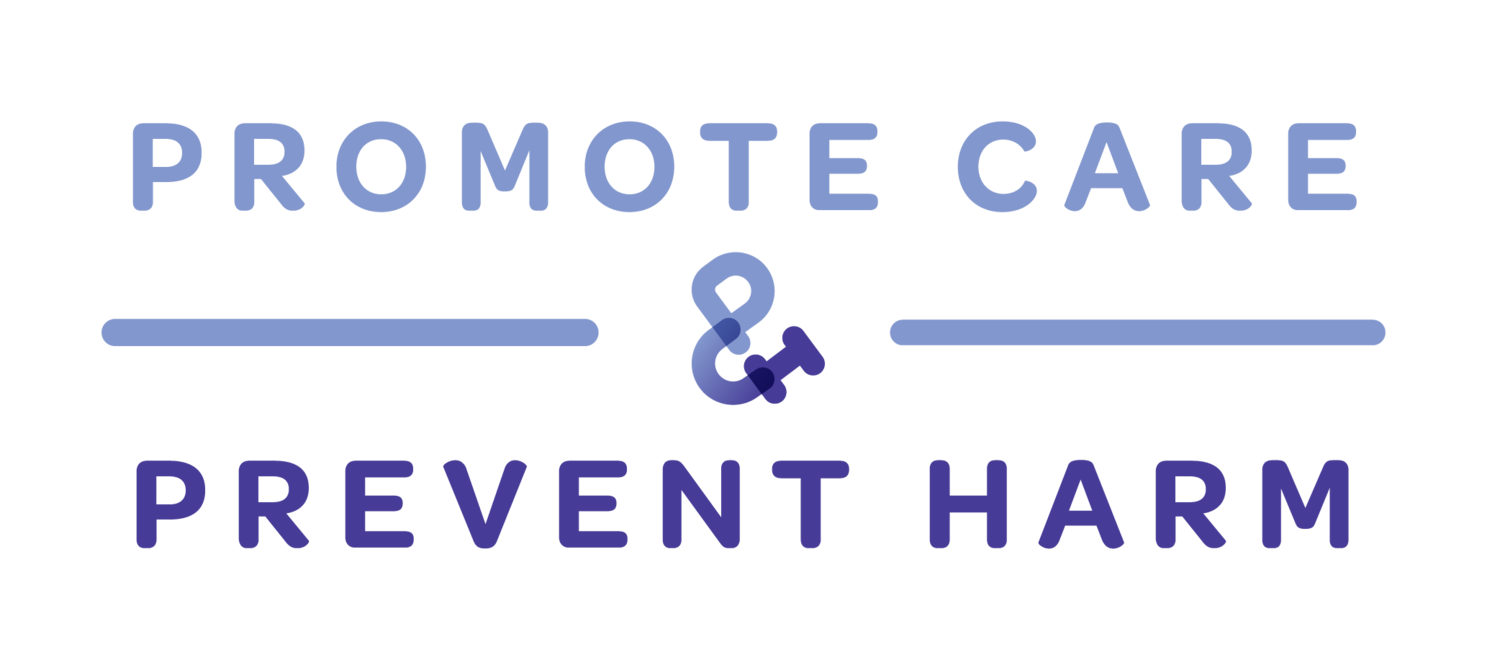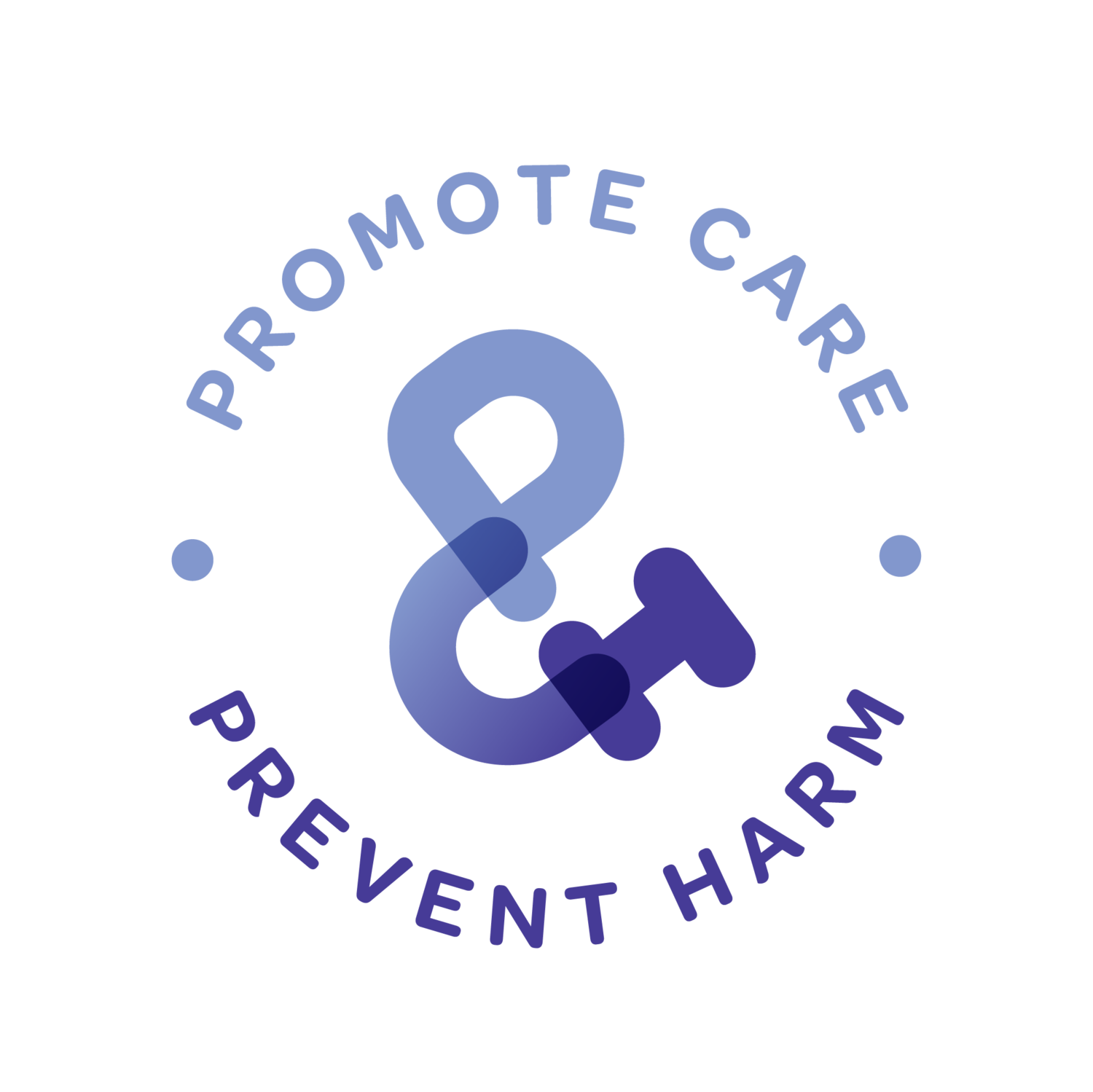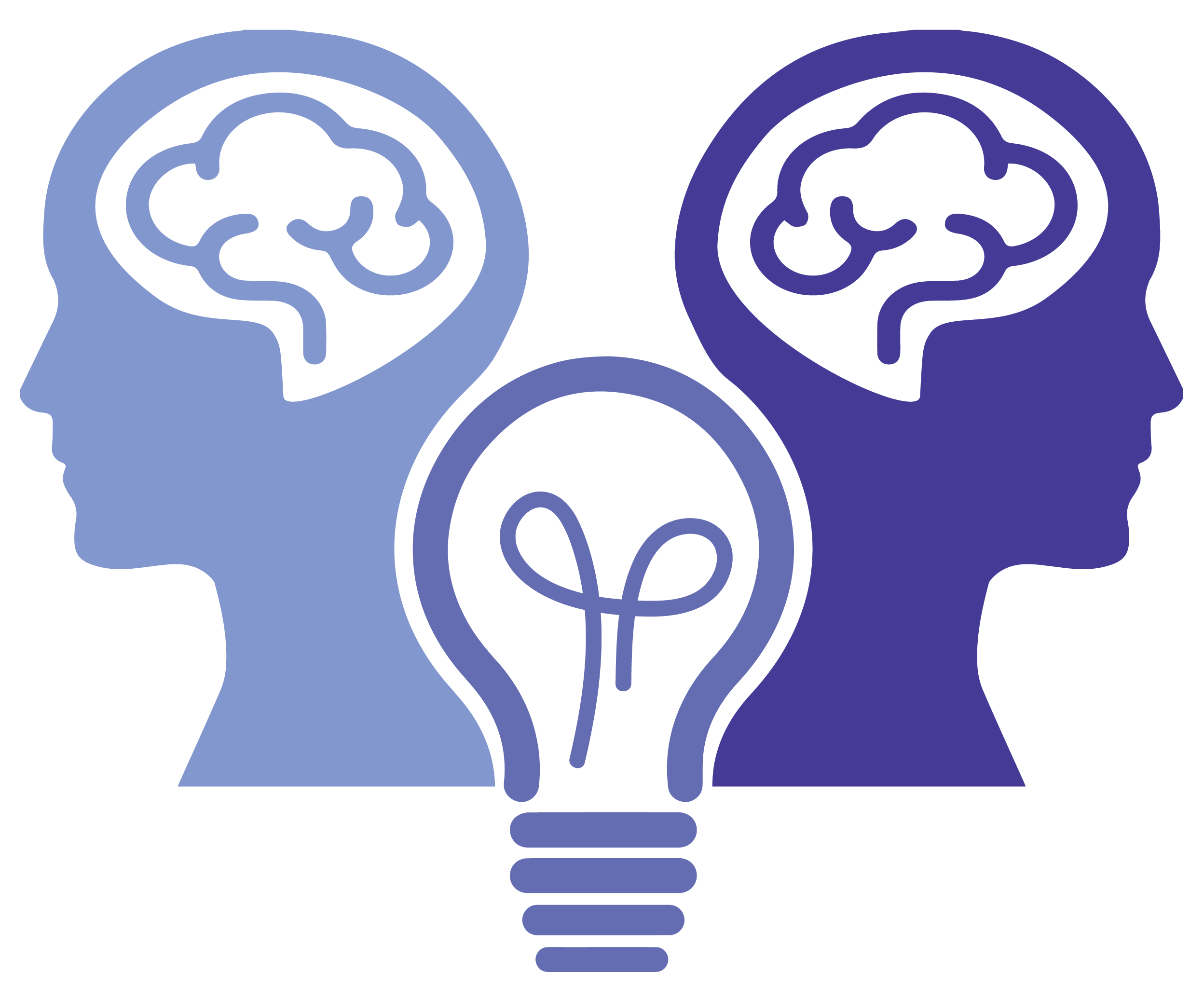— Promotive & Preventive Mindsets and Beliefs —
People have two types of mindsets motivating their pursuit of goals (Higgins, 1997). Individuals’ goals can be personal (costs/benefits) or prosocial goals to benefit others (by reducing harm/ enhancing benefits). Currently, we are collecting data to validate a mindsets measure with youth (high school and college students) and adult allies (e.g., club sponsors, school administrators, and student affairs professionals) with Jordan Booker (University of Missouri).
— Upstanding for Promotion & Prevention —
In a series of articles, we aim to change the paradigm of bystander intervention. In our first article, we focus on how adolescent bystanders perceive social behavior: aggressing, bullying, and helping (McCarty & Dunsmore, 2022). In our second article, we aim to advance a shift from prevention-oriented to promotion-oriented bystander intervention by introducing new terms and a conceptual model based on motivation science, behavioral science, and promotion science (McCarty, Arnold, Booker, Pacque & Liskey, 2022). In our third article, we explain how to develop an integrative promotion-prevention bystander intervention program and detail our UPP program (McCarty, Pacque, Booker, Liskey & Arnold, 2021). In our fourth article, we evaluated an integrative promotion-prevention bystander approach using the Upstanding for Promotion-Prevention program and Sandy Hook Promise’s Say Something program (Booker, McCarty, Pacque & Liskey, 2024).
— Youth-Led Programs —
Students recovering from a collective recovery may benefit from a youth-led approach. With Alyssa Gatto (Virginia Tech) and Ruby Charak (University of Texas Rio Grande Valley), we describe our youth-led resilience promotion (YLRP) framework and program to increase prosocial behaviors for relational resilience after a potentially traumatic event. We implemented this program to support students after a high school shooting, but it may also apply to the COVID-19 pandemic (McCarty, Pacque, Gatto, Hill & Charak, 2022). Intervention materials are publicly available for schools and community-based nonprofits to apply the framework and adopt the program (https://osf.io/txcb6).
Students can think upstream about the challenges they face in school. With support from community-based partners, we developed and delivered elements of the youth-led promotion and prevention (YL2P) program in 11 high schools across Ohio to address the protective and risk factors associated with mental health, substance use, bullying, and related social problems. The interactive workshop engages teams of students to address the promoting pathway or protecting pathway (Kia-Keating et al., 2011). In a Virginia high school, we piloted the program in an elective leadership course with students in the student government.
A Moral Reckoning on Structural Racism
The racial reckoning of 2020 involved the largest social movement protest in U.S. history, but support for the Black Lives Matter movement declined shortly after. To advance a moral reckoning on structural racism that dismantles racialized structures and redresses racial inequities, we propose (a) examining structural factors; (b) encouraging structural thinking; and (c) supporting structural intervention for racial justice. Generations of activists have been working toward a moral reckoning on structural racism during Reconstruction, Second Reconstruction, and Third Reconstruction (present day). With a team of racial-justice scholars across psychology, social medicine, and public health, we offer a pathway toward racial justice through structural thinking: structural competency and critical consciousness (McCarty, Liskey, George, Cook & Metzl, 2023).
In our future research, we aim to critically review the constructs related to structural thinking across multiple disciplines and research areas, such as health equity, racial socialization, implicit bias, and sociopolitical development.
We follow guidelines from the Center for Open Science and Berkeley Initiative for Transparency in the Social Sciences to further the movement for transparency and reproducibility in psychological science. Our goal is to conduct research that is transparent—posted on project pages on the Open Science Framework—and reproducible—using R, Markdown, knitr, and GitHub.





